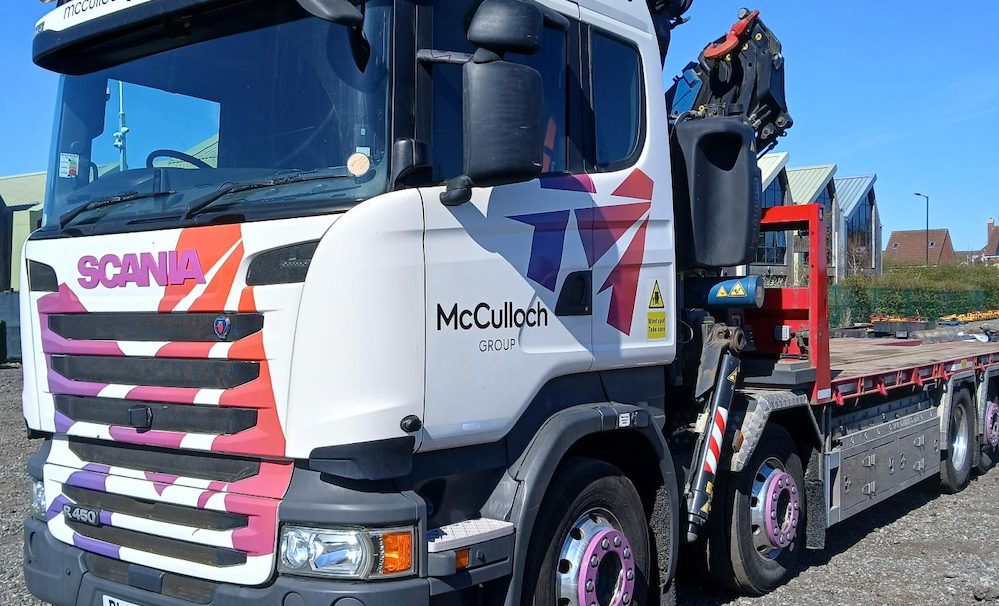In response to the government’s consultation on Operation Brock enforcement, which closes Sunday and relates to road usage at Channel Ports, particularly across Kent, after the end of the EU transition period, Logistics UK raised several concerns. Chris Yarsley, Policy Manager for Road Infrastructure at Logistics UK, comments:
“Whilst it is sensible to have a contingency measure in place to minimise disruption on the road network in Kent, Operation Brock will not, itself, remove friction from the border crossing. Furthermore, government must also make sure the system, while trying to manage international traffic, will not create extra disruptions for hauliers making local deliveries.
“The Smart Freight System, which will complement Brock to remove pressure from Kent, will be one of the many systems hauliers will have to interact with. In total, international transport operators may have to use no less than eight different systems. This is a tall order and the least they can expect is to be given appropriate support and sufficient time to get familiar with these platforms.
“Logistics UK is urging the government to provide the logistics industry with visibility of its Smart Freight System as an urgent priority; user confidence in the platform is vital to ensure it is successful in keeping traffic moving through Kent. Our members are ready and willing to make a success of the new border arrangements for freight, but – as with any new technology – we need time to trial, test and adapt to the new system. With the immense pressure of the Christmas planning period approaching – in addition to existing strains on capacity due to the pandemic – we need concrete reassurance that logistics businesses will be given enough time for testing ahead of the implementation date of January 2021.
“When it is fully operational, the new Smart Freight System will be the mechanism international bound operators will need to use to know if they are considered ‘border ready’ and able to access the channel ports, which should help keep traffic moving through Kent by preventing trucks that are not ‘border ready’ from accessing the county’s road network. However, in itself it will not stop friction at the borders. This can only be achieved through measures such as reaching a free trade agreement and coordination between authorities on both sides of the border; we will continue pressing the government to secure a deal.”








